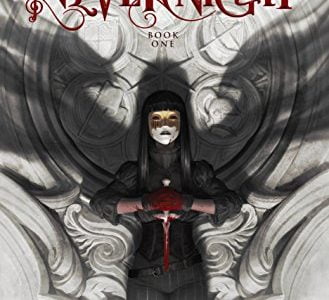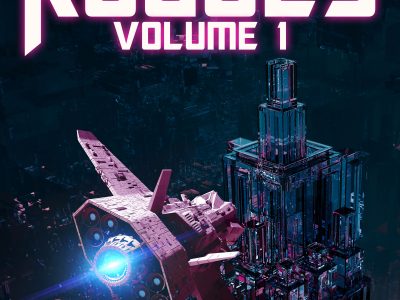
Why You Don’t Like Rebel Moon
Dan Brown published his The Da Vinci Code in 2003. Many people found it a thrilling page-turner. Fast-paced plot? Yep. Code-breaking puzzles? You bet. Art, religion, and conspiracy? In there too. It became a best-seller, spawning a Hollywood adaptation starring Tom Hanks. In 1965, Frank Herbert published Dune. It was arguably both groundbreaking and intricate, with McMassive world-building, political intrigue, and (well before we woke up to the need) eco-warrior themes. It’s regarded as a classic, also cranking out a (fucken superb) Hollywood adaptation (in three parts, two of which we’re still waiting for, Denis!). Blade Runner, one of my all-time favourite cyberpunk movies, and arguably what started me on the path to write Chromed: Upgrade, hit the streets in 1982. It’s a Ridley Scott masterpiece, with deeply thought-provoking and often disturbing themes, dystopian atmosphere, and (lest we forget) Harrison Read More …







